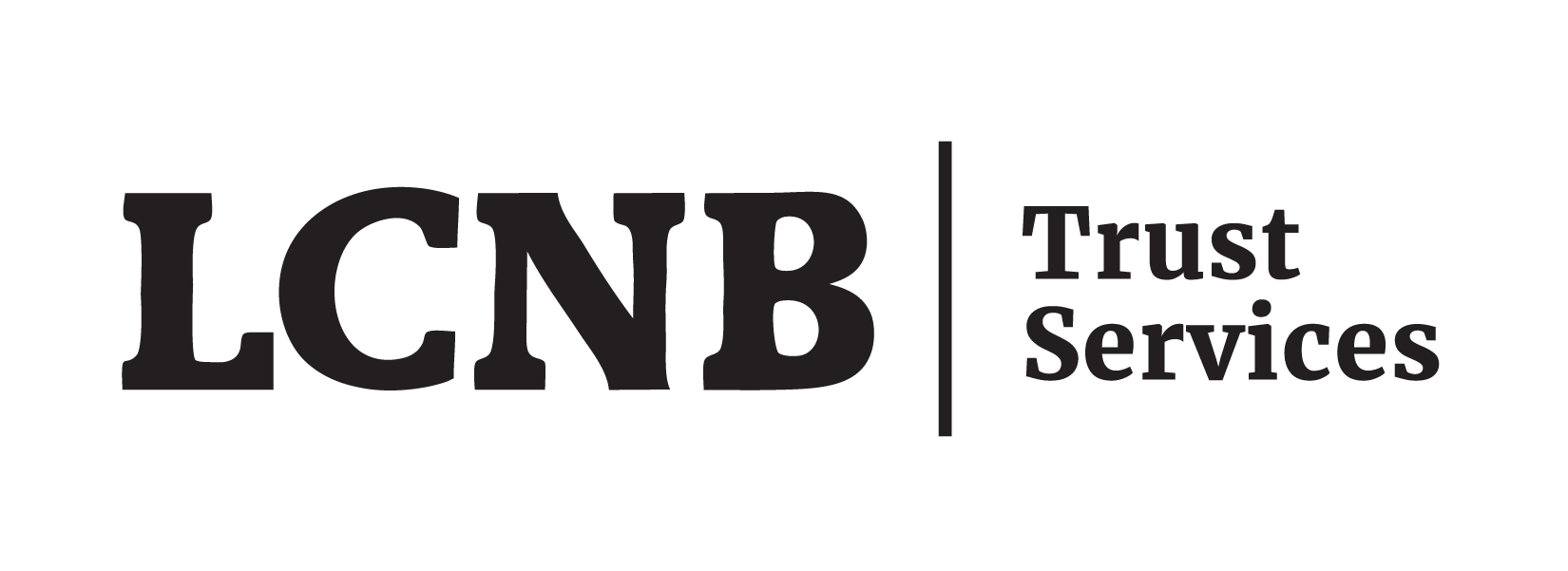Protect what money can't replace.
If you're covered under a high-deductible health plan, an HSA can help lessen the burden of your medical expenses.
Open in Branch +
Why HSA Checking?
If you're covered under a high-deductible health plan, an HSA can cover the expenses before your deductible is met. An HSA account offers tax advantages when you use it to pay for qualified medical expenses, allowing you to keep more money in your pocket.
Benefits
- No minimum balance
- $3 per month or $1.50 if customer has an open LCNB Checking Account
- $50 minimum deposit to open
- Unlimited withdrawals
- Tiered interest rates
- FDIC Insured
- $2 Cost per transaction for use of non-LCNB ATMsa
- Electronic Banking services:
- Free online banking with bill pay
- Free mobile banking (with mobile deposit)
- Free LCNB National Bank Debit Mastercard®
- And more!
- Free online banking with bill pay
You are eligible to open a HSA Checking account if you:
- Are currently covered under a high-deductible health plan (HDHP)
- Are not covered by any other health plan (with limited exceptions*)
- Are not enrolled in Medicare
- Cannot be claimed as a dependent on another person’s tax return
For calendar year 2025, a “high deductible health plan” is defined under § 223(c)(2)(A) as a health plan with an annual deductible that is not less than $1,650 for self-only coverage or $3,300 for family coverage, and the annual out-of-pocket expenses (deductibles, co-payments, and other amounts, but not premiums) do not exceed $8,300 for self-only coverage or $16,600 for family coverage. These figures are adjusted by the IRS for inflation each year.
For tax year 2024, contributions are limited to $4,150 for single coverage and $8,300 for family coverage. For tax year 2025, the contribution limit for single coverage is $4,300 and $8,550 for family coverage. A catch-up contribution of $1,000 is available to persons age 55 and older. The contribution limits are adjusted for inflation each year. Contributions may be made for the prior tax year until April 15, 2025. For additional information, please see Publication 969, Health Savings Accounts and other Tax-Favored Health Plans at IRS.gov.
You can make no further contributions after age 65; however, the account may remain open to pay for qualified medical expenses.
HSA distributions used for non-qualified medical expenses are subject to ordinary income tax and, if taken before age 65, a 20% IRS penalty tax. (unless the distribution is because of death or disability).
DIVE DEEPER | LCNB
Learn about the eligibility requirements, benefits, risks, and uses of Health Savings Accounts.
MORE ABOUT HSAs +



